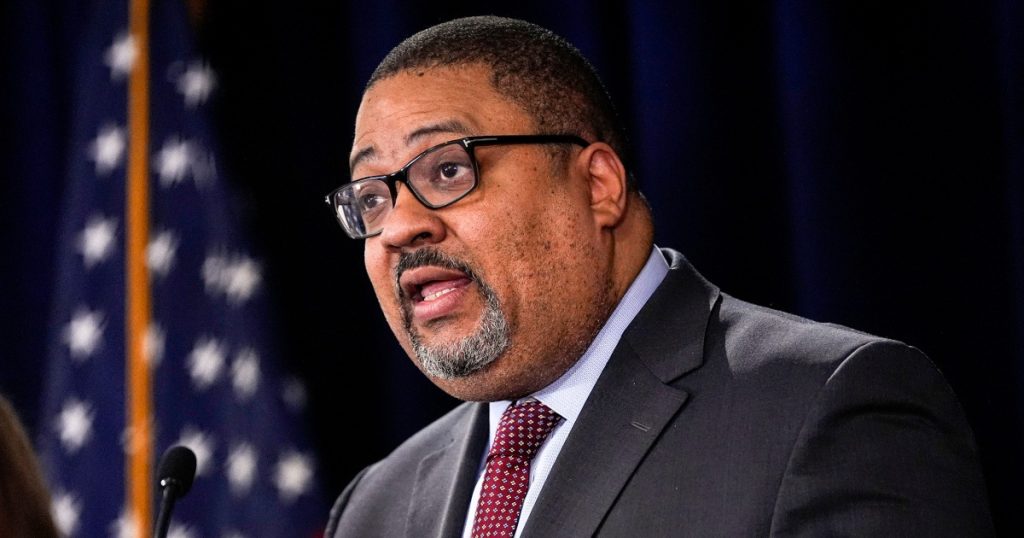Hayden Espinosa, a man motivated by Neo-Nazi and white supremacist ideologies, was indicted for allegedly selling firearms and gun parts while behind bars in federal custody, according to New York authorities. Released from a federal prison in Louisiana on June 4, Espinosa was immediately picked up by the Grant Parish Sheriff’s Office for charges in New York City, as announced by Manhattan DA Alvin Bragg. He had access to a contraband cell phone which he used to sell illegal firearms and parts through a Telegram channel, with an undercover NYPD officer being among his customers.
Members of Espinosa’s channel were reportedly motivated by Neo-Nazi and white supremacist ideologies, with a devotion to ethnically motivated extremism that encompasses racist, antisemitic, xenophobic, misogynistic, and homophobic ideologies. Prosecutors highlighted the dangerous combination of extremism and firearms present in this case, noting the threat it poses to the safety of New Yorkers. Furthermore, it was revealed that the same Telegram channel had been previously used by the racist gunman responsible for killing 10 Black people at a Buffalo grocery store in 2022.
Addressing the issue of white supremacy and Nazi ideology online, NYPD Chief of Counterterrorism Rebecca Weiner emphasized the extensive digital footprint of such beliefs spanning multiple states including Ohio, Louisiana, and Texas. This revelation shed light on the widespread presence of extremist ideologies in various parts of the country, indicating the need for continued vigilance in combating these dangerous beliefs. The interconnectedness of online platforms and real-world actions was underscored in this case, showing how individuals can spread harmful ideologies and engage in criminal activities through digital channels.
The indictment of Hayden Espinosa for selling firearms and gun parts while in federal custody served as a stark reminder of the potential threats posed by those who are motivated by extremist ideologies. Espinosa’s case highlighted the dangers of combining such ideologies with access to weapons, emphasizing the need for proactive measures to address and prevent such activities. The role of law enforcement agencies, such as the NYPD and Manhattan DA’s office, in investigating and prosecuting individuals engaged in illegal firearms sales was crucial in this case, demonstrating their commitment to ensuring the safety and well-being of the public.
Authorities expressed concern over the involvement of individuals motivated by Neo-Nazi and white supremacist ideologies in the illegal arms trade, given the potential for violence and harm that such activities can entail. The risk posed by individuals who espouse hateful beliefs and engage in criminal activities was highlighted as a key concern, prompting calls for increased vigilance and cooperation among law enforcement agencies to address these threats effectively. The case of Hayden Espinosa underscored the complex interplay between extremist ideologies and criminal behavior, emphasizing the need for continued efforts to counter the spread of such dangerous beliefs and activities in society.
In conclusion, the indictment of Hayden Espinosa for selling firearms and gun parts while behind bars in federal custody shed light on the intersection of extremist ideologies, illegal activity, and access to weapons. The case underscored the ongoing threat posed by individuals motivated by Neo-Nazi and white supremacist ideologies, highlighting the need for vigilance and proactive measures to prevent such individuals from engaging in harmful actions. Through the efforts of law enforcement agencies and prosecutors, the case of Espinosa served as a reminder of the importance of addressing and countering extremism in all its forms to ensure the safety and security of communities.


